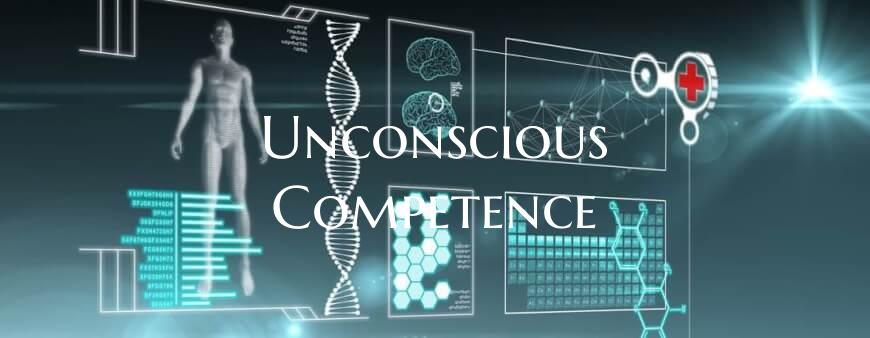Unconscious Competence
Unconscious competence, also known as mastery or unconscious mastery, is a concept that refers to the highest stage of learning where a skill or knowledge has been internalized to the point where it becomes almost second nature. This level of proficiency is often achieved after going through the stages of conscious incompetence, conscious competence, and then unconscious competence.
At the stage of unconscious competence, individuals can perform tasks or make decisions effortlessly and without actively thinking about each step involved. This automaticity allows them to execute with precision and efficiency, often surpassing their own expectations. Consider a skilled musician who can flawlessly play a complex piece without even looking at sheet music or a seasoned chef who can create a delicious dish without relying on a recipe – these are examples of unconscious competence at work.
One of the key benefits of reaching unconscious competence is the conservation of mental energy. Since the skill has been internalized, individuals can allocate their cognitive resources to other aspects of their performance or endeavors. This can lead to increased creativity, problem-solving abilities, and overall productivity.
However, achieving unconscious competence requires dedicated practice, feedback, and continuous learning. It is essential to first acknowledge one's incompetence, then actively work towards gaining competence through conscious effort and practice. As mastery is approached, individuals must remain vigilant in refining their skills and updating their knowledge to stay at the top of their game.
In conclusion, unconscious competence represents a pinnacle of expertise that is characterized by fluidity, precision, and efficiency. By understanding and embracing this concept, individuals can strive towards reaching higher levels of proficiency in their chosen fields, unlocking their full potential and achieving greater success.

